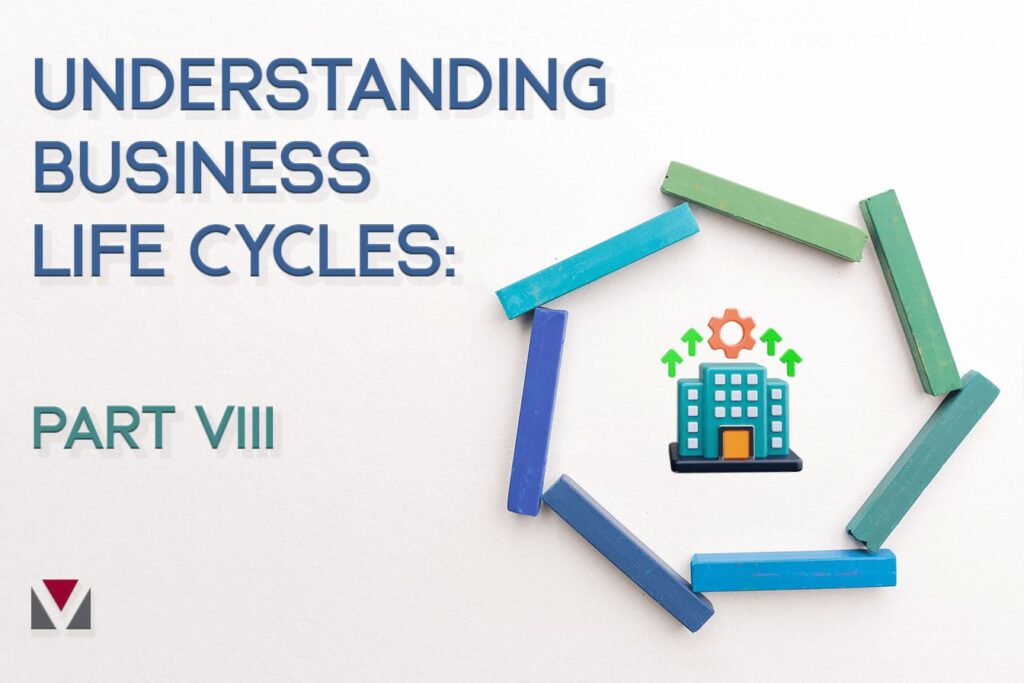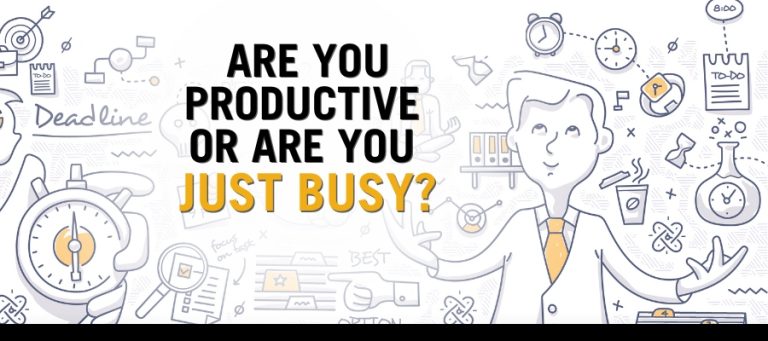LIFE CYCLES, Part VIII
The importance of the role the People Dynamic plays in a “We” phase company cannot be overstated. It’s a leading factor in how successfully the company sustains growth and profitability throughout this phase. This is one of the reasons early employees often don’t make the transition from the “Me” phase to the “We” phase.
When I talk about the caliber of employees a company needs at this stage, I am not referring to a person’s integrity, values, or self-worth. I am simply referring to the business skills, aptitudes, and drive they possess.
To simplify this concept, it might be helpful to think of it in terms of a person’s IQ (Intellectual Quotient), BQ (Business Intelligence), and EQ (Emotional Intelligence).
Most of us are familiar with the term IQ. It’s a broadly calculated score derived from standardized tests that measure human intelligence. For this discussion I’m defining it as having the “smarts” to perform a particular job in a business.
BQ is a term I use to describe a person’s understanding of basic business concepts such as profitability, competition, market demands, teamwork, and in the case of small businesses, the effort that’s required to grow and succeed.
Just like with IQ, many are familiar with the term EQ, which measures things like a person’s self-awareness, self-control, empathy, and ability to build relationships.
All three of these measures become increasingly important as a company moves through its “We” phase. In my experience this is also one of the main reasons so many of those who helped launch a company and then helped it through the “Me” phase no longer possess the BQ or EQ to contribute to its continued growth. This doesn’t mean they are inferior people. It just means that either through their own desire or skills they are no longer appropriate for a particular position in the company at that current time.
For example, think of a bookkeeper who was exactly what the company needed in its early years, but as the company grew and its accounting needs became more complex, they no longer had the required skills or the desire to serve as the company’s accountant. As you can imagine, the conversations and decisions surrounding this topic can be very difficult, especially if the person is a trusted early employee or a loved one.
In “We” phase companies workers exhibit sufficient drive, attitude, confidence, and motivation to accomplish the goals of their job. They operate proactively rather than reactively. This means they clearly understand their decision-making authority and make appropriate decisions without always consulting their manager.
It’s helpful for workers to be exceptional at what they do, but it’s not enough. They should also help to foster an environment where people work as a team to achieve the company’s objectives. Personal agendas, silos, and defensiveness are set aside in the interest of the company’s wellbeing.
In addition to its strong financial performance, one of the measures of how well “We” phase companies are performing is their ability to attract and keep qualified people. At this stage the owner has a growing need for the talents and insights of people who are more skilled to help drive both them and the company forward.



